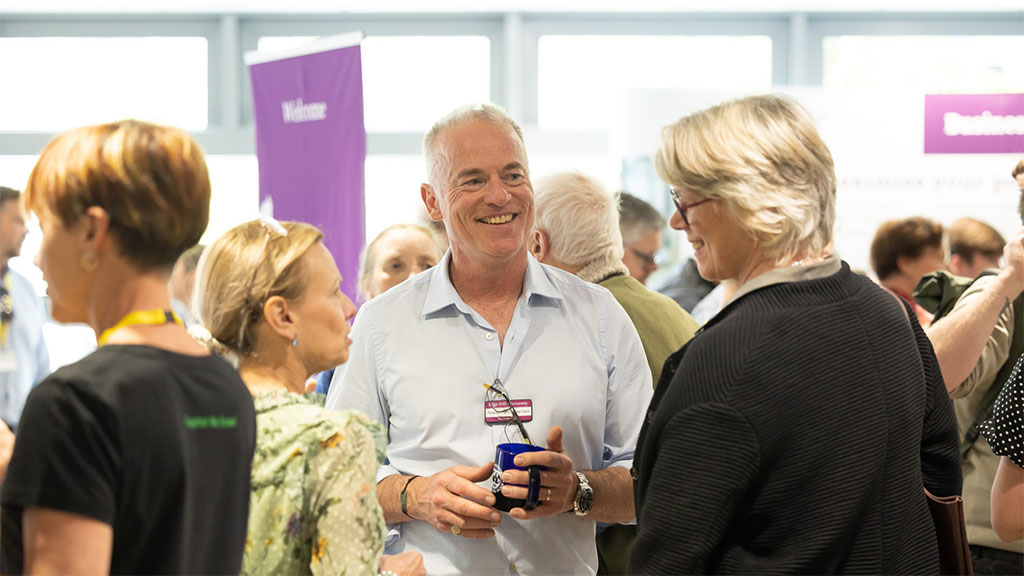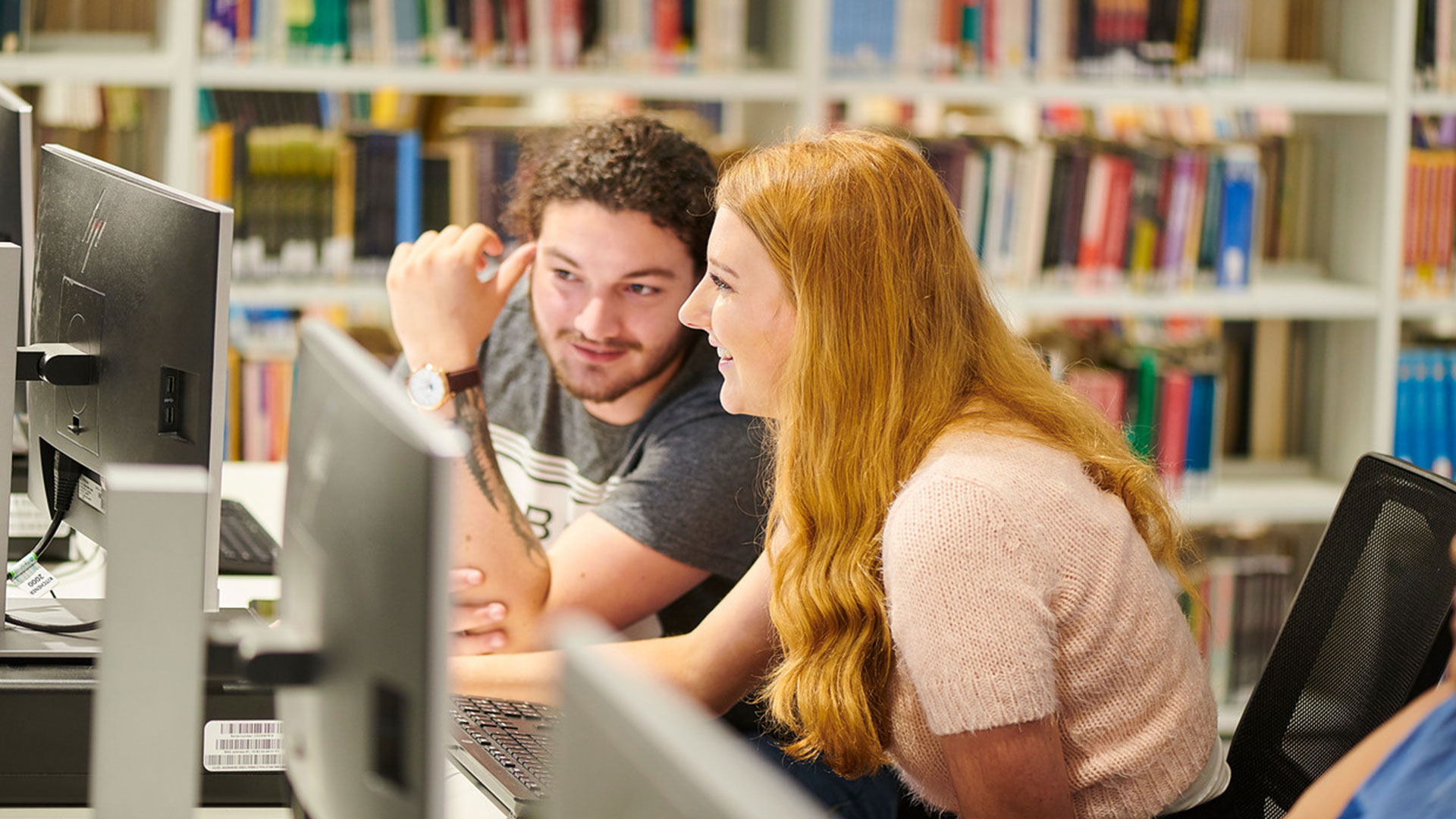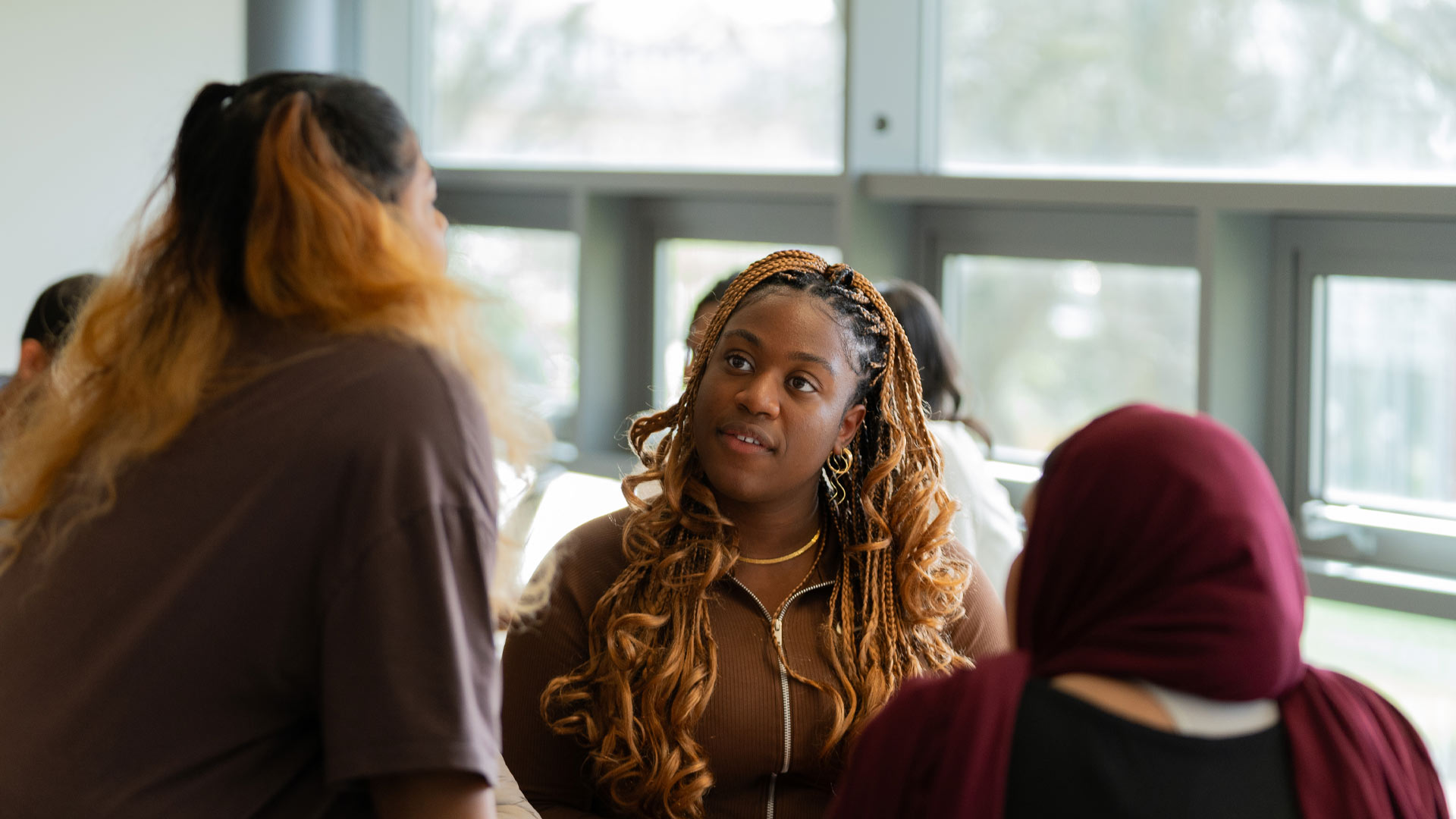Business School research
Research in the Business School consists of individual scholars and small groups working on a range of projects covering all aspects of contemporary business.
Edge Hill Business School’s research strategy and philosophy is based on the transformative potential of business to improve society. More specifically, what roles can business play in improving social and public welfare, enhancing livelihoods and making society more sustainable. This positive transformative role of business in society that informs our School’s research is evident across all of our ‘research clusters’.
Our research
Our research clusters
Academic staff at Edge Hill University Business School collaborate together on their research under several research clusters. Our faculty pursue their research interests independently, and with colleagues at Edge Hill and at other universities across the UK and around the world.
Learn more about our current research projects and access working papers from researchers at EHU Business School.
EHU Business School Working Papers
- Management and Society
- Marketing and Consumer Research
- International Business and Economics
- Sustainability, Entrepreneurship and Innovation
Postgraduate research
Business School academics are actively involved in collaborative research projects, organising conferences, workshops and publish research in international journals.
If you are interested in studying for a PhD, professional doctorate or other postgraduate research (PGR) qualification, please see our postgraduate courses.
Get in touch
If you would like to find out more about our research, please contact EHU Business School’s Head of Research, Professor Paresh Wankhade.


